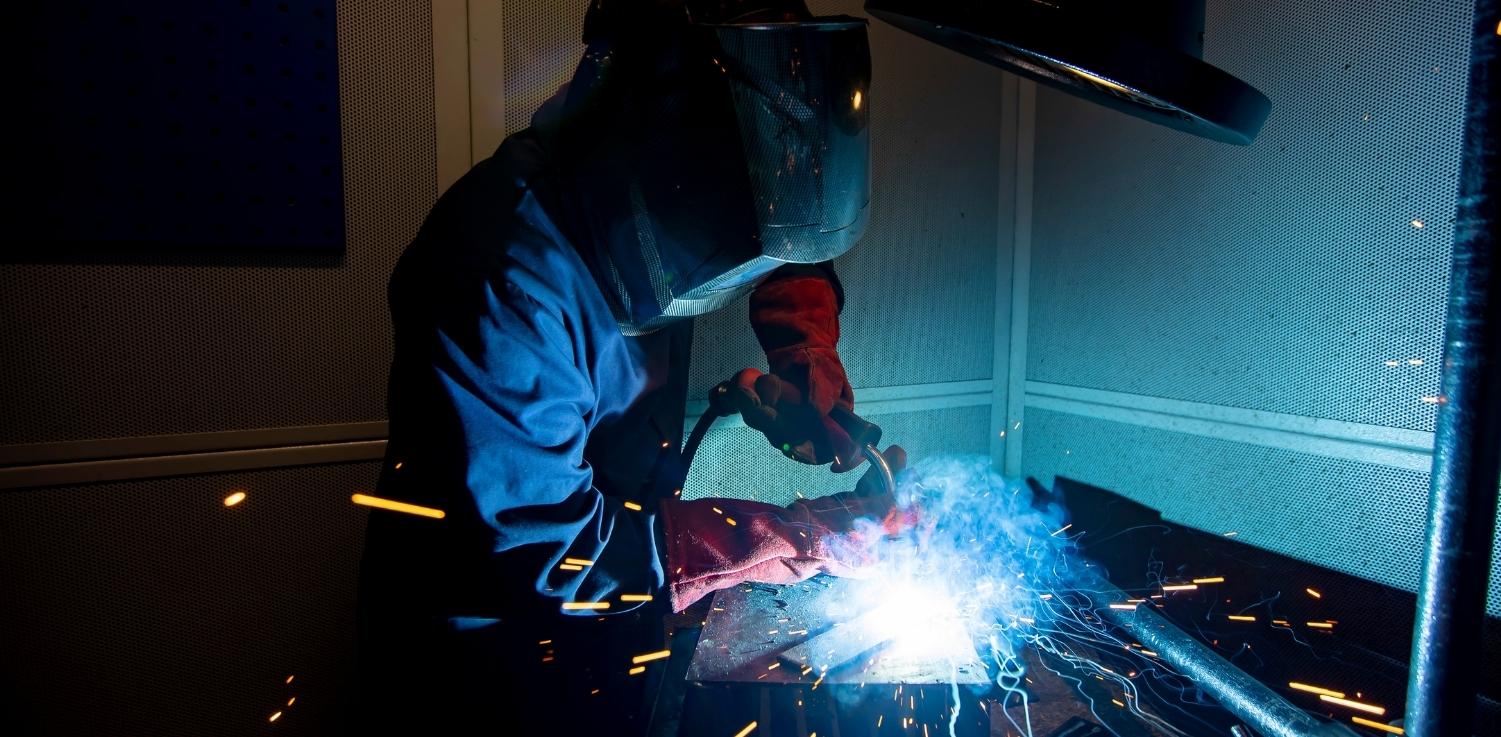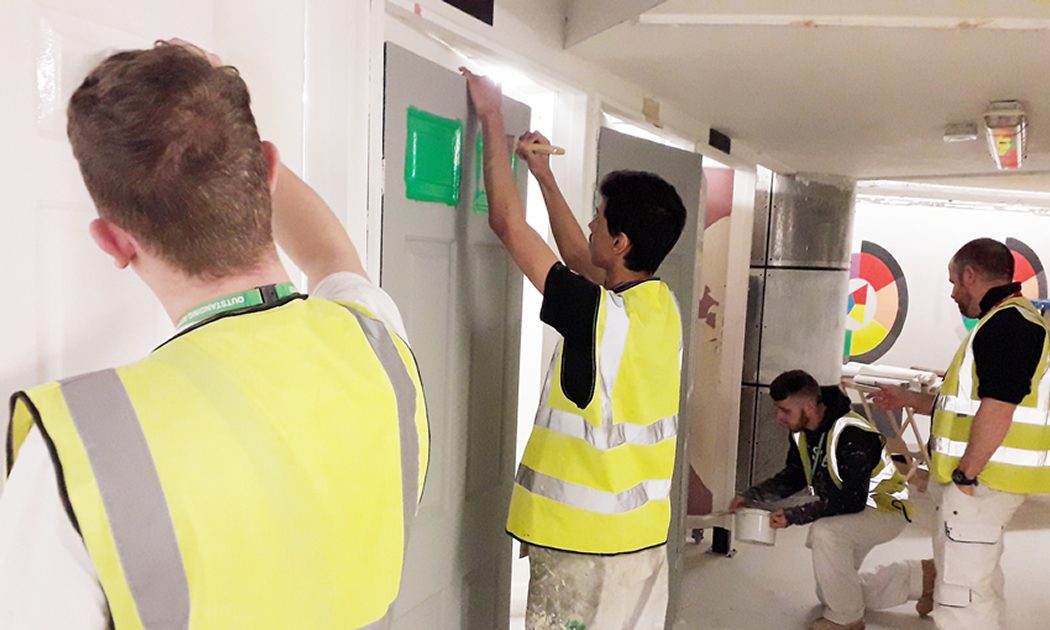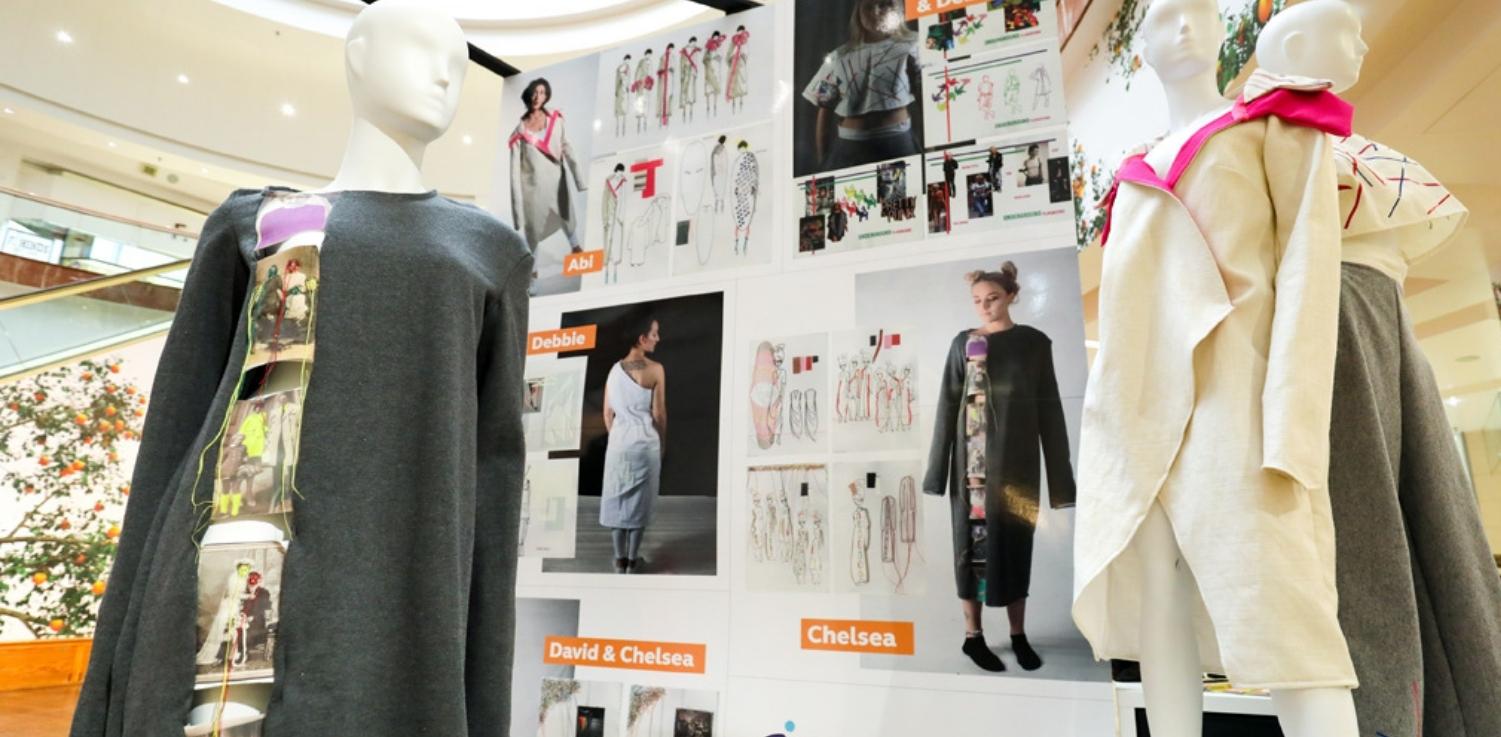Assessing
Early Years
Management
Electrical Installation
Automotive
The automotive industry is a vital part of the UK economy – accounting for more than £77.5 billion turnover and employing over 800,000 people.
Over 1.3 million cars , 78,270 commercial vehicles and 2.5 million engines were built in the UK in 2019 and all of those vehicles then need maintaining and repairing so whether you’re looking to upskill for your current role, continue your professional development, increase your chances for employment or promotion, completely change career direction, or just want to take on a new challenge – studying a part-time course at Dudley College can really help you go further in life.
Human Resources
Fabrication & Welding
Dudley College is at the forefront of modern engineering, offering an exciting range of welding courses which are designed to respond to the needs of the industry. So whatever field of engineering you choose, we offer a range of training levels to meet your individual needs.
Taught by our team of industry-expert tutors, in our state-of-the-art facilities, our range of part-time courses are designed to help you get ahead, so whether you’re looking to upskill for your current role, continue your professional development, increase your chances for employment or promotion, completely change career direction, or just want to take on a new challenge, let Dudley College support you on your learning journey.
Painting & Decorating
Fashion & Textiles
A career in fashion and textiles is an exciting and dynamic path for individuals interested in design, creativity, and the evolving nature of style and textiles. This field encompasses various roles, from designing clothing and accessories to working in textile production and marketing.
The screen printing, fashion and textiles area has lots of natural light, large work tables and specialist wet and dry areas as well as the Apple Macs studios and industry recognised software to build up their skills and knowledge.
The fashion and textiles industry is competitive but continually evolving, driven by trends, consumer demands, and technological advancements. Sustainable fashion and textile innovation are emerging areas of growth, reflecting increasing consumer awareness and responsibility.
Fashion professionals may work in design studios, retail environments, or manufacturing facilities. The work can involve long hours, particularly during design seasons or product launches, and may require travel for fashion shows or sourcing materials.
Skills Required
- Creativity: Strong artistic vision and the ability to generate innovative designs and concepts.
- Technical Skills: Knowledge of sewing, pattern making, and textile properties, along with proficiency in design software (like Adobe Illustrator and Photoshop).
- Trend Awareness: Keeping up with fashion trends, consumer preferences, and market demands to inform design decisions.
- Communication: Effectively conveying ideas and collaborating with teams, clients, and manufacturers.
- Project Management: Organizing and managing multiple projects, from concept to production, ensuring deadlines and quality standards are met.
With experience, professionals can advance to senior design roles, start their own labels, or shift into specialized areas such as sustainable fashion or textile technology. Networking and staying informed about industry trends are crucial for long-term success.
Overall, a career in fashion and textiles is ideal for individuals who are passionate about creativity, innovation, and self-expression. It offers opportunities to shape trends and impact how people perceive and experience fashion in their everyday lives.
We offer the experience of studying in a professional environment so that when you complete your studies you can transition into employment and turn a passion into a career. Our students go on to achieve success in a wide range of roles – you can join the success!










